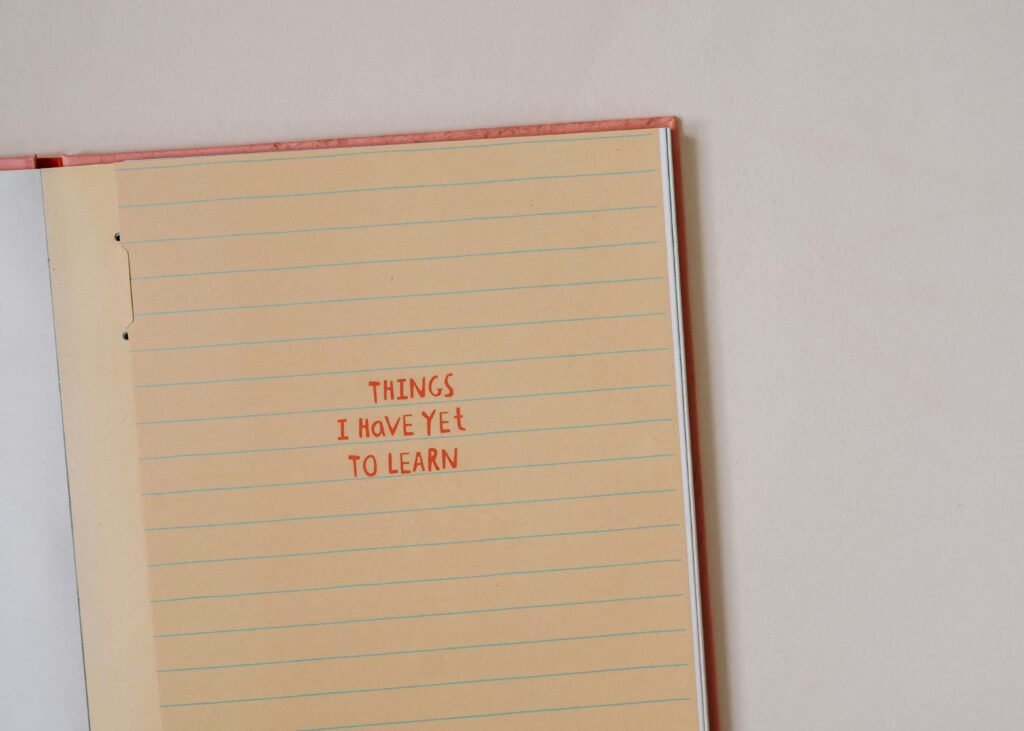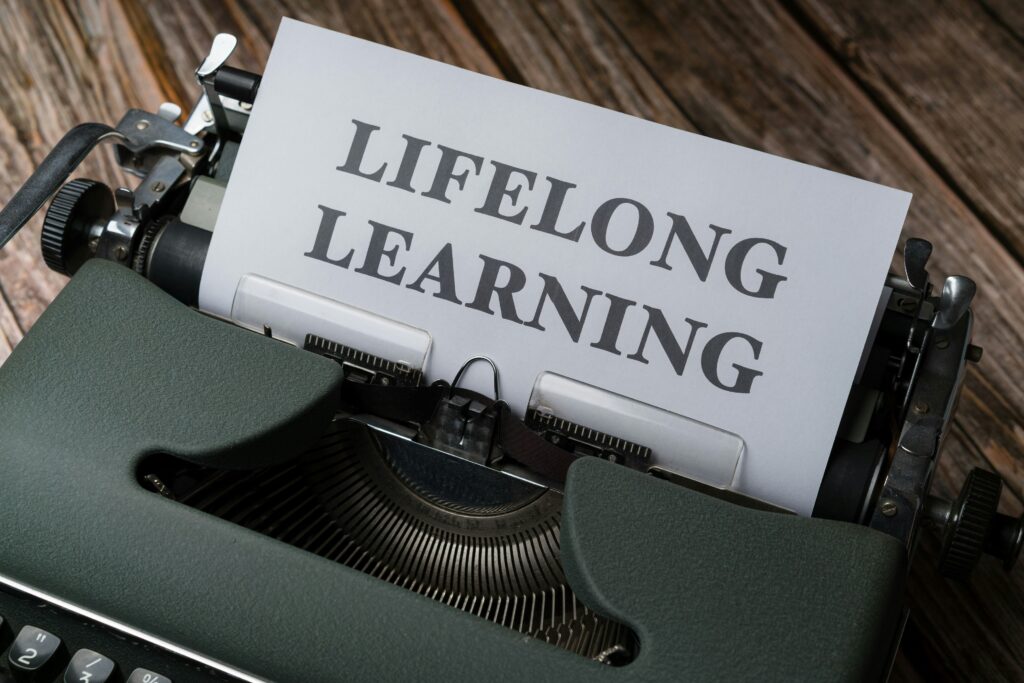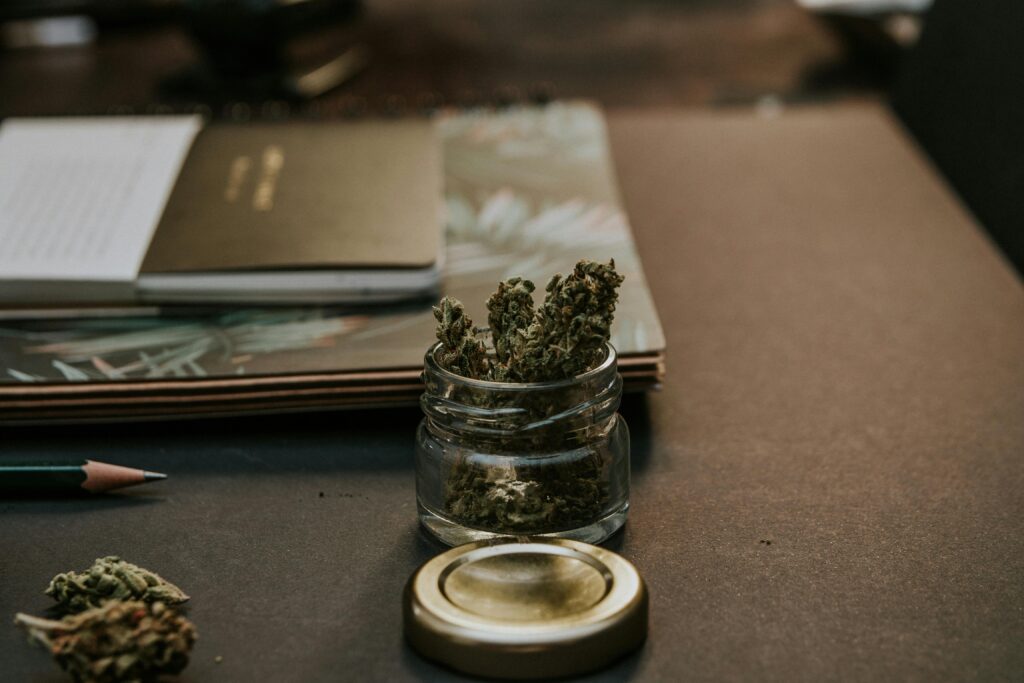Relapse can be one of the most disheartening experiences on the journey to recovery from addiction. However, it can also provide profound insights and a strengthened resolve to continue the path to sobriety. In this article, I share my personal experiences and the lessons from relapse that helped me not only to recover but to come back stronger.
Quick Summary
- Understanding Relapse: It’s a common part of the recovery process.
- Self-Compassion: Learning to forgive oneself is crucial.
- Identifying Triggers: Recognizing what led to relapse can prevent future occurrences.
- Strengthening Coping Strategies: Enhancing mechanisms to deal with stress and triggers.
- Seeking Support: The importance of leaning on a support network.
Navigating the Journey: A Personal Reflection

The Initial Shock of Relapse
My first relapse was a devastating blow to my self-esteem and my progress in recovery. It felt like all my efforts had been for nothing. However, as I navigated through this challenging time, I began to understand that relapse, while not inevitable, is a common occurrence in the recovery process. This realization was the first of many lessons from relapse.
Learning to Forgive Myself
Self-compassion became my most powerful tool. Beating myself up for slipping only fueled feelings of shame and unworthiness, which are potent triggers for further substance use. Learning to forgive myself, understanding that recovery is a journey with potential setbacks, was crucial. This shift in perspective was vital for my mental health and subsequent recovery efforts.
Identifying and Understanding My Triggers
One of the most tangible lessons from relapse was the importance of recognizing my triggers. My relapse wasn’t random; it was triggered by a combination of unaddressed stress and social pressure. Identifying these triggers allowed me to approach my recovery with more awareness and to develop strategies to cope with similar situations in the future.
Strengthening My Coping Strategies
Post-relapse, I took steps to strengthen my coping mechanisms. This involved regular sessions with my therapist, re-engaging with my support groups more actively, and committing to mindfulness practices. Each strategy was tailored to address the specific triggers that led to my relapse, ensuring a better-prepared response for future stressors.
Reaffirming Commitment Through Support
The role of a support system became exceedingly clear during this time. Leaning on family, friends, and fellow recovery members provided me with strength and accountability. It was comforting to know I wasn’t alone and that others had walked this path and bounced back stronger.
Adapting My Recovery Plan
Adaptability in my recovery plan was another critical lesson. What had worked for me initially needed adjustments to accommodate new challenges and insights from my relapse. This involved setting more realistic goals, adjusting my daily routines, and sometimes, setting firmer boundaries around potentially harmful relationships and environments.
Reflections and Moving Forward
Relapse taught me resilience. Each step back provided an opportunity to learn, grow, and fortify my commitment to sobriety. It also highlighted the importance of continuous learning and personal development in recovery—a journey that evolves and changes just as we do.
Conclusion and Call to Action
If you are struggling with addiction, remember that relapse does not define you or your journey. It’s a detour, not the end of the road. At Alliance Treatment, we understand the complexities of recovery and offer a compassionate, supportive environment to help you navigate this path. Whether you’re bouncing back from a relapse or just beginning your journey to recovery, we are here to support you every step of the way. Reach out to us at 213-513-5463 to learn more about how we can help you rebuild and strengthen your path to lasting sobriety.



